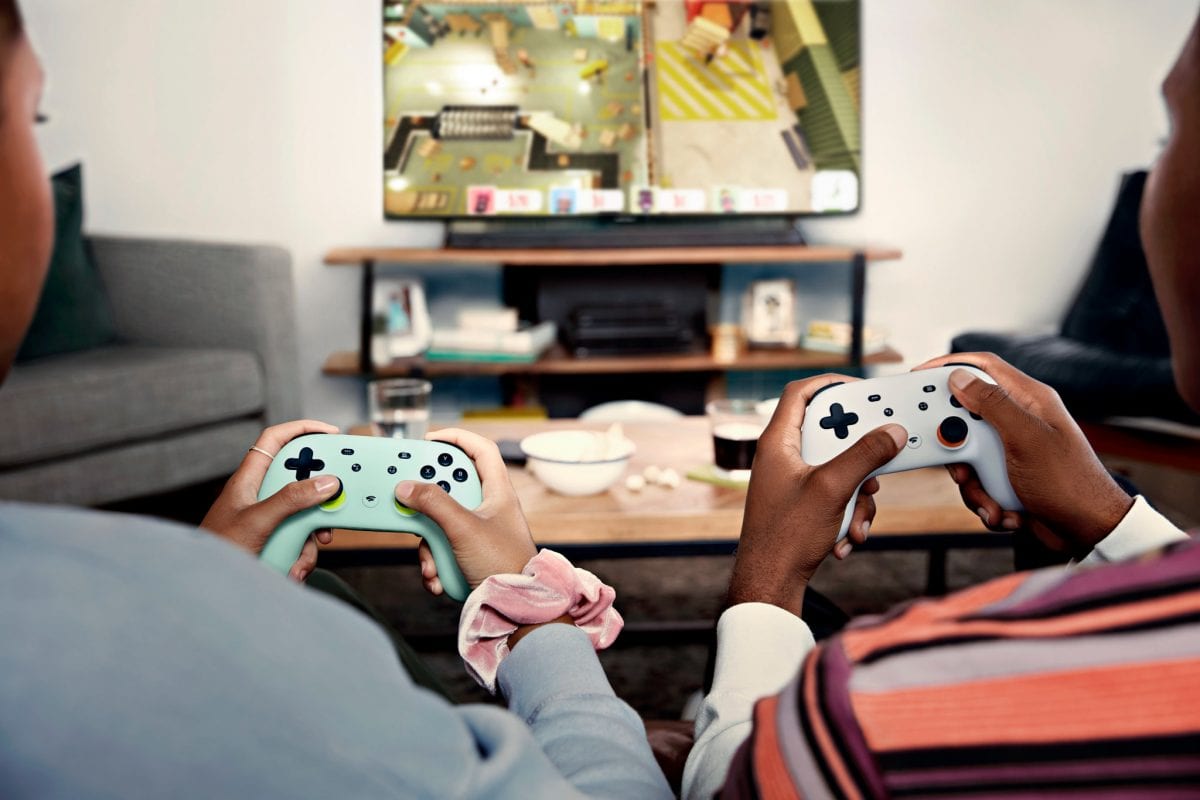Video games were once villainous for being anti-social and a waste of time, distracting people from more important tasks like physical exercise, working and learning. Over time this perception has been changing, as people have begun to recognize the benefits of playing games.
Today, video games and more traditional board and card games are viewed more equally in the positive effects they can have. Here are some of those effects.
Reducing Stress
Modern life can become very stressful. A rise in deadline-driven and project-based work has meant that people are often under more pressure and have to work longer hours, both of which can have negative effects on our well-being.
So, today, it’s more important than ever to make sure that we find things to do that help us to reduce stress. For many people, that means playing video games.
Research conducted in the United States has shown that more than half of video game players do so to relieve stress, and around 6 in 10 do so to relax. With a study conducted in 2018 showing that around 70% of Americans now play video games, that would suggest that more than 100 million people in the US are playing video games as a way of relaxing.
Improved Memory and Strategic Thinking
Having a strong memory is an important life skill. It can help you with day-to-day tasks like finding a hard-to-find product in the supermarket, as well as helping you to recall facts and figures during an important work meeting.
Playing games of any kind can help to improve your memory. To succeed in video games, you must remember the locations of important places on maps, key hiding places, or good vantage points for providing sniper fire.
The main distinction between novice video game players and professionals when playing games like Call of Duty, is that the former will charge forward with little thought about where the enemy may attack from, while the latter will typically take a slower approach and move more strategically.
Board and card games often require you to remember a set of rules and think strategically too. For example, in chess, it’s important to understand the different directions each piece can move, while in poker it’s important to remember the values and names of each hand.
This kind of strategic thinking is important in a work environment, as it can help you navigate office politics, handle disputes, and even develop marketing and product strategies more effectively.
Social Interaction
Some people thrive by being around others, while others prefer spending more time alone. Regardless, everyone needs some level of social interaction to maintain their well being.
Playing games gives you a great excuse to meet (physically or virtually), talk with friends, and bond over the game you’re playing.
Traditionally, a board game night or poker night provided an opportunity for this. Today though, friends can also play video games together over the internet, regardless of whether they’re in the same room, town, or even country.
Video gamers can use voice, video and text chat to communicate with friends while they play, turning it into a social experience (and you can play this to earn different in game MODs while enjoying your time).
Many gamers get a sense of community from playing with others, forming friendships with people across the world after playing with or against them. Many also go on to attend events like Comic Con or esports events, helping to further boost social interaction.
Improved Creativity
An article in Forbes highlighted that being creative can make people happier, reduce anxiety, and create a sense of accomplishment. Learning to be creative can also be useful in work environments, as problem-solving is often necessary to overcome challenges, hit targets and meet deadlines.
Playing games can often require you to be creative. Learning how to overcome challenges to defeat an opponent, progress to the next level, or beat a personal best record are all problems that can be solved with creative solutions.








